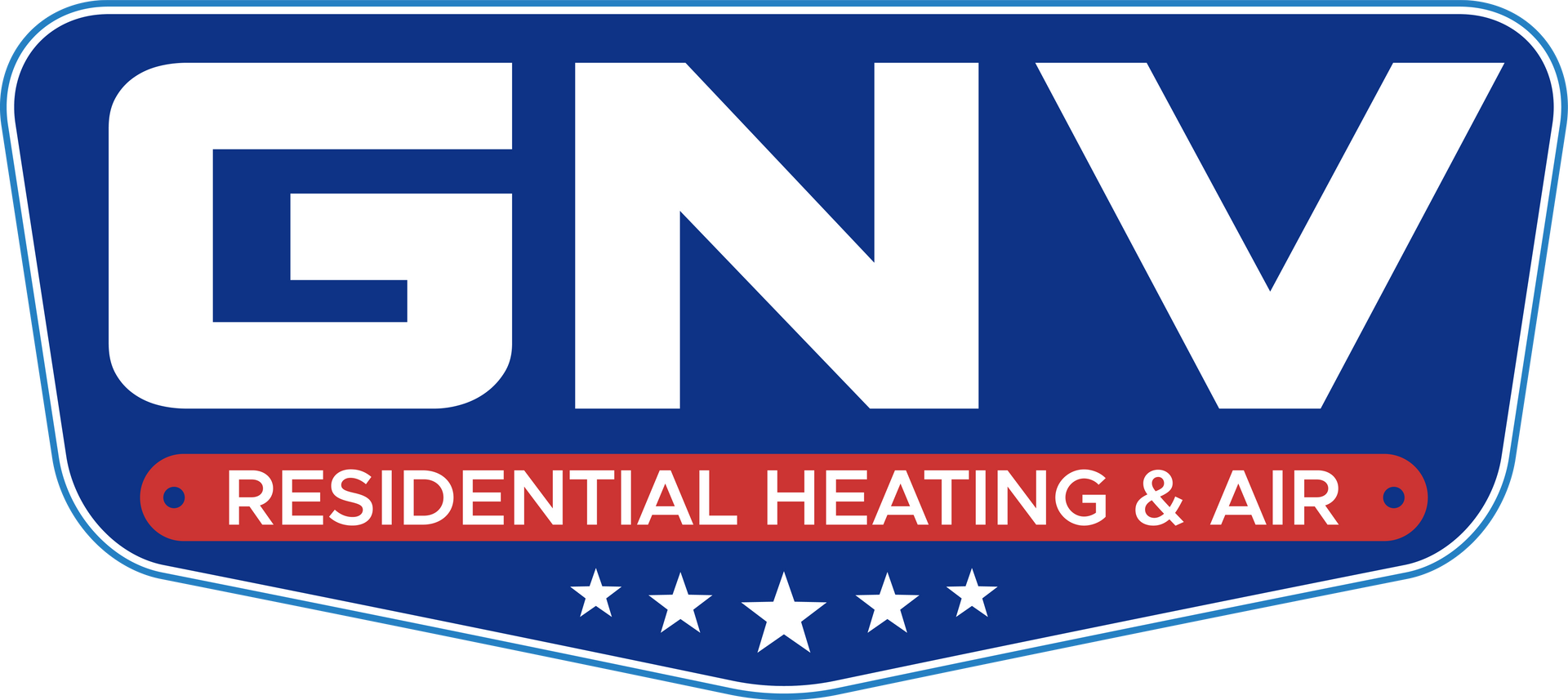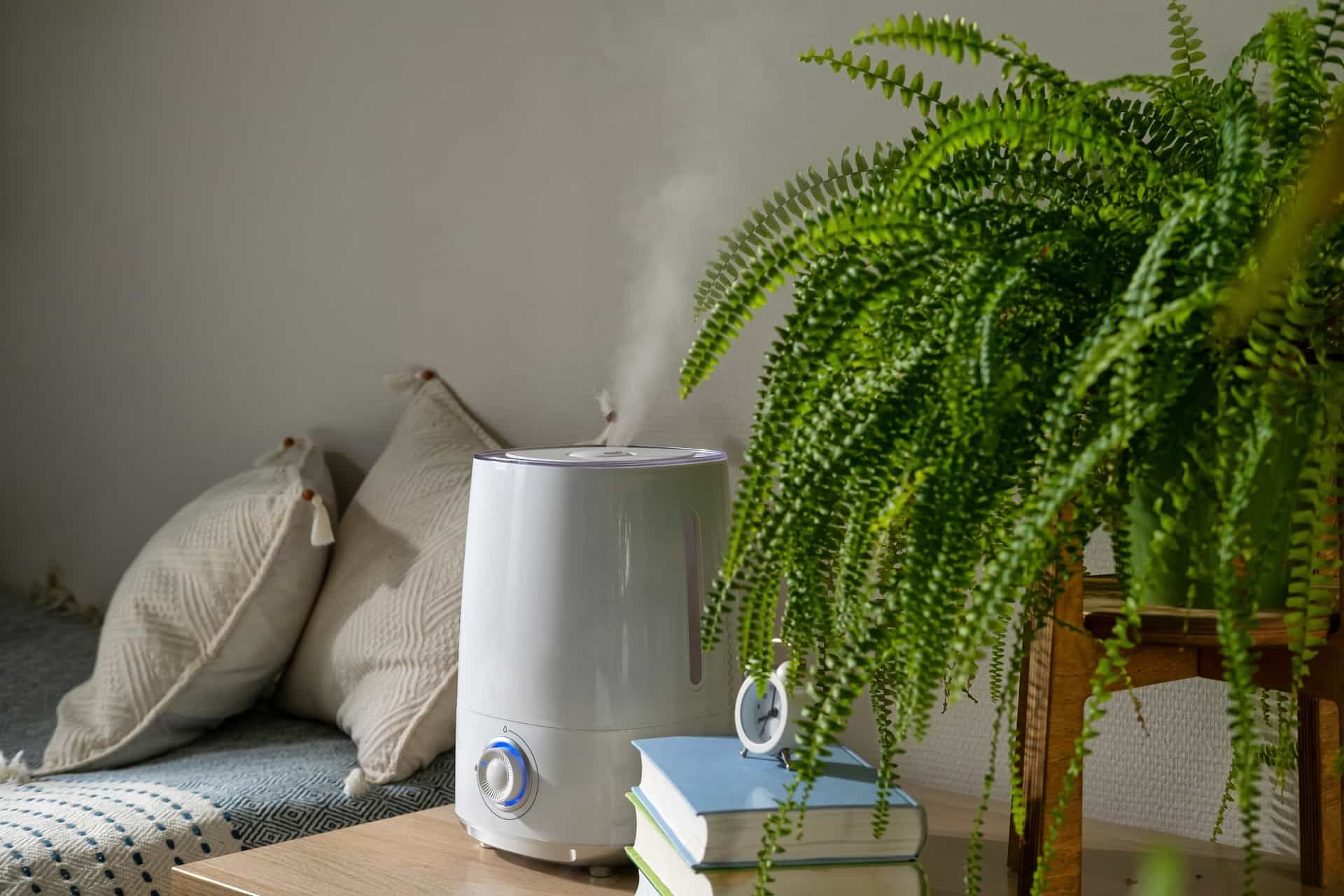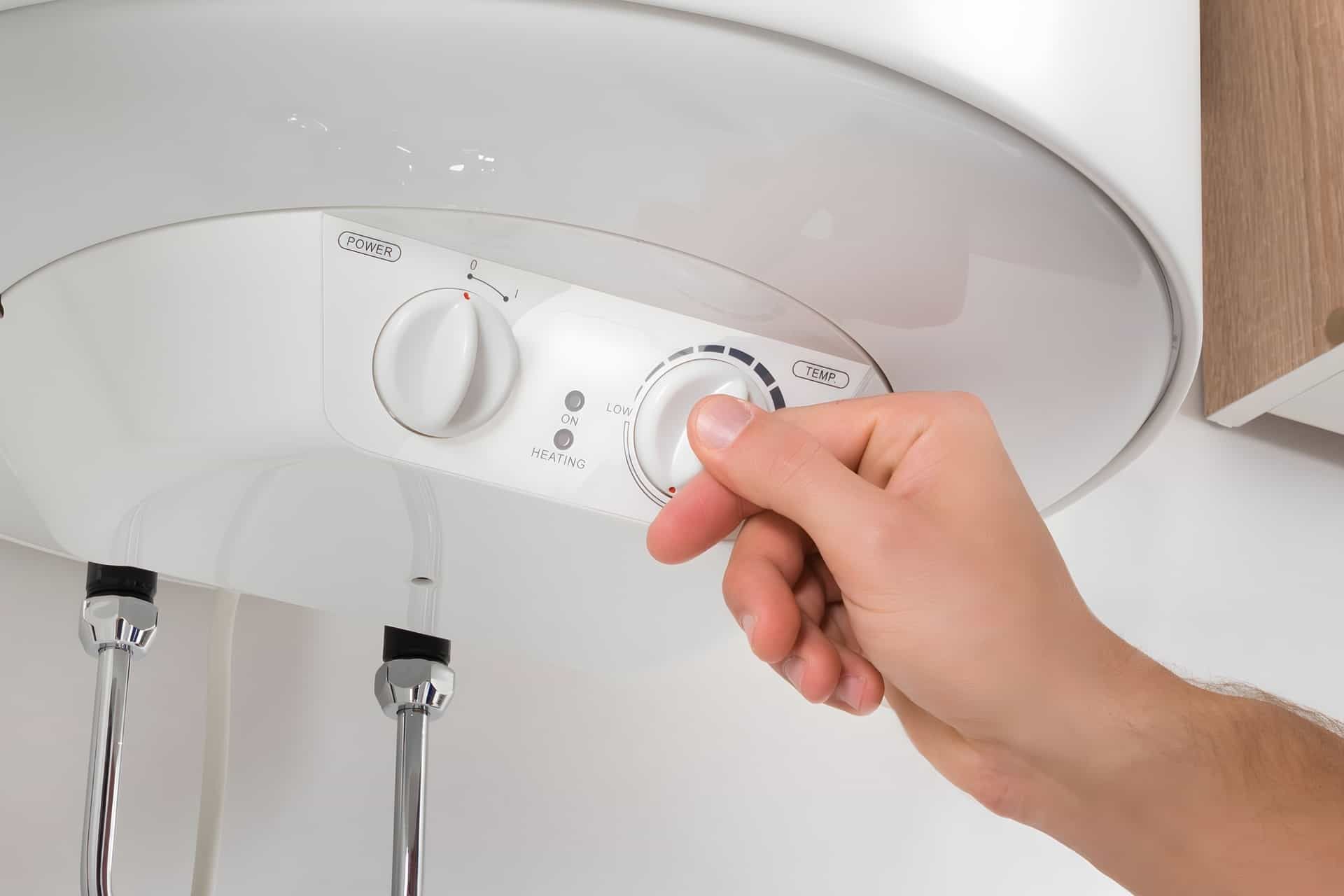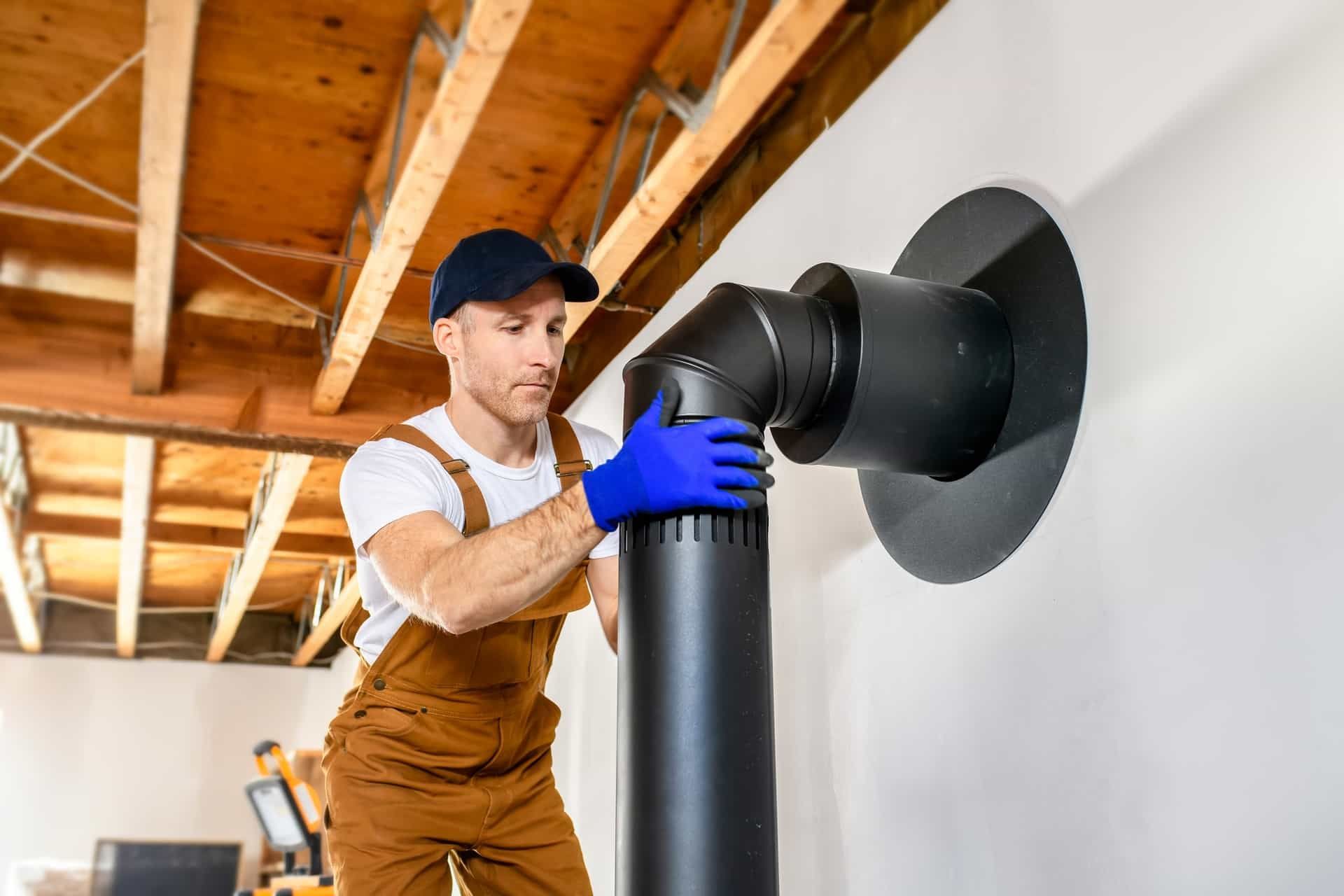What Is Freon and Why Is It Important? Unveiling the Essential Refrigerant
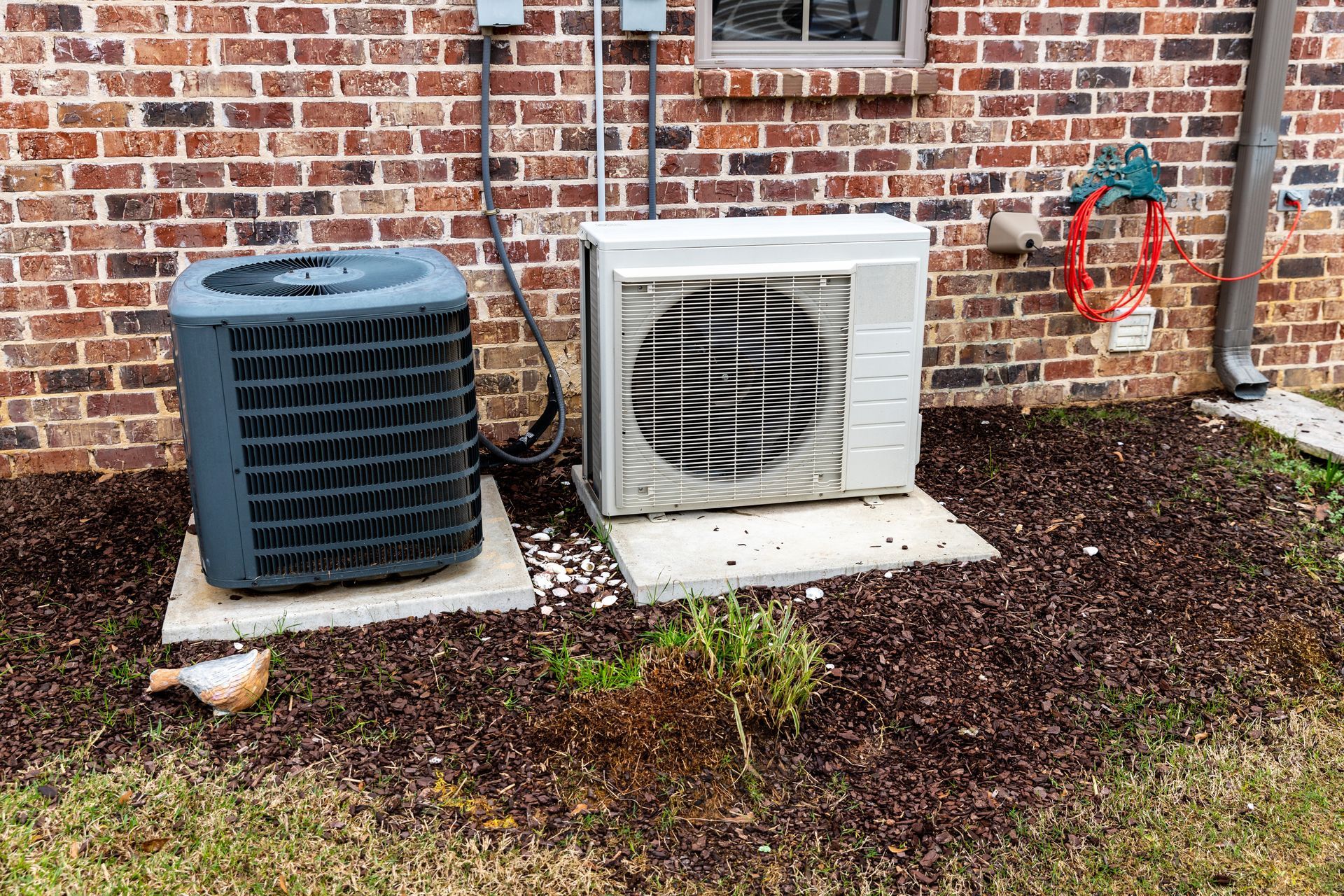
For decades, Freon has been a critical component in keeping our homes, cars, and workplaces cool and comfortable. But what exactly is Freon, and why is it so essential? In this guide, we’ll explore the importance of Freon, how it works, and its impact on the environment.
What Exactly Is Freon?
Freon is a brand name for refrigerant gas commonly used in air conditioning systems, refrigerators, and other cooling appliances. Refrigerants are special substances that absorb heat and cool the air in a space. Other refrigerants exist, but Freon is one of the most popular and widely used.
Freon commonly refers to the chemical compound R-22, a chlorofluorocarbon (CFC) known for its effectiveness in cooling systems. Freon moves through the cooling system, changing between liquid and gas forms to absorb heat and keep temperatures low.
How Does Freon Work in an Air Conditioner?
Freon works by cycling through the air conditioning system and absorbing heat from the indoor air. Here’s a simple breakdown of the process:
- Compression: The AC system’s compressor compresses the Freon gas, increasing its temperature and pressure.
- Condensation: The heated, pressurized Freon then flows through a series of coils, cooling down and becoming a liquid. This process releases the heat outside.
- Evaporation: The cooled Freon liquid returns inside, evaporating, absorbing heat from the indoor air, and cooling the space.
- Repeat Cycle: The Freon continues this cycle, removing heat from the air to keep the room at the desired temperature.
Why Is Freon Important for Cooling Systems?
Freon is important because it efficiently absorbs heat, making it perfect for cooling systems. It can operate under high and low temperatures, making it practical for air conditioners, refrigerators, and freezers. Without Freon or another refrigerant, cooling systems would be unable to lower the temperature, and we’d struggle to keep our homes and workplaces comfortable during hot weather.
Is Freon Still Used Today?
Freon is still used in some older cooling systems, but new systems now use alternative refrigerants due to environmental concerns.
Over time, scientists discovered that Freon (R-22) was harmful to the environment because it contains chlorine, which damages the ozone layer when released. To protect the environment, the production and use of R-22 Freon have been restricted, and new cooling systems now use other refrigerants, such as R-410A, which is safer for the atmosphere.
Why Is Freon Harmful to the Environment?
Freon contains chemicals that can harm the ozone layer, a part of Earth’s atmosphere that protects us from the sun’s harmful UV rays. When Freon leaks from an old air conditioner or refrigerator, it can reach the atmosphere and contribute to ozone depletion. This depletion allows more harmful UV radiation to reach Earth, leading to health risks like skin cancer and environmental issues like global warming.
What Are the Alternatives to Freon?
Most modern cooling systems use alternative refrigerants that don’t harm the ozone layer. Some common Freon alternatives include:
- R-410A: Puron is a popular alternative to R-22 that is more energy-efficient and does not harm the ozone layer.
- R-134a: This refrigerant is commonly used in car air conditioners and household refrigerators.
- R-32: This refrigerant is environmentally friendly and has a lower global warming potential.
These alternatives have made it possible for cooling systems to remain efficient and environmentally safe.
Can You Still Get Freon for Old AC Units?
If you have an older air conditioning system, it might still use Freon (R-22). However, due to restrictions, using Freon has become more challenging, and its price has increased. Many HVAC companies now offer retrofitting services, where they replace the R-22 with a newer, eco-friendly refrigerant. Retrofitting your old system to use a modern refrigerant can save you money in the long run and help protect the environment.
How Do I Know if My AC Needs More Freon?
Low Freon levels might be the issue if your AC system is running but not cooling as it should. Here are some signs that your AC might need more Freon:
- Warm Air: If the air blowing out of the vents is warm or not as cool as usual, it could be a sign that your AC is low on Freon.
- Longer Cooling Times: If your AC takes longer than usual to cool your home, it may need more refrigerant.
- Hissing or Bubbling Sounds: Strange sounds coming from your AC could mean a refrigerant leak.
- Ice on the Coils: Low Freon levels can cause ice to form on the AC coils, which affects the system’s performance.
If you notice any of these signs, it’s best to call a professional to check your AC unit and, if necessary, recharge it with the appropriate refrigerant.
What Should You Do if Your AC Uses Freon?
If your air conditioner uses Freon (R-22), consider having it inspected by an HVAC professional. Since R-22 is being phased out, you have a few options:
- Stick with Freon: If your AC is running well, you can keep using Freon. Just remember that it’s expensive and becoming more challenging to find.
- Retrofitting: Some AC units can be modified to work with a different refrigerant, which is usually more affordable than replacing the entire system.
- Replace the Unit: If your AC is old, replacing it with a newer model that uses an eco-friendly refrigerant might be more cost-effective.
Why Is It Important to Properly Maintain AC Systems with Freon?
Proper air conditioning system maintenance is crucial, mainly if it uses Freon. Leaks can be harmful to your health and the environment. Regular inspections help prevent leaks and ensure your AC unit is running efficiently. Keeping your AC in good shape saves energy and extends the life of your cooling system.
What’s the Future of Refrigerants?
The future of refrigerants is moving toward environmentally safe options. Research is ongoing to find refrigerants that are effective, safe, and have minimal environmental impact. Newer refrigerants are designed to have low global warming potential and no harmful effects on the ozone layer, making them a better choice for future cooling needs.
Stay calm and make an intelligent choice for the environment! If you have questions about your cooling system or need help with Freon, contact
GNV Heating and Air Conditioning today.
Disclaimer: The information on this website and blog is for general informational purposes only and is not professional advice. We make no guarantees of accuracy or completeness. We disclaim all liability for errors, omissions, or reliance on this content. Always consult a qualified professional for specific guidance.
